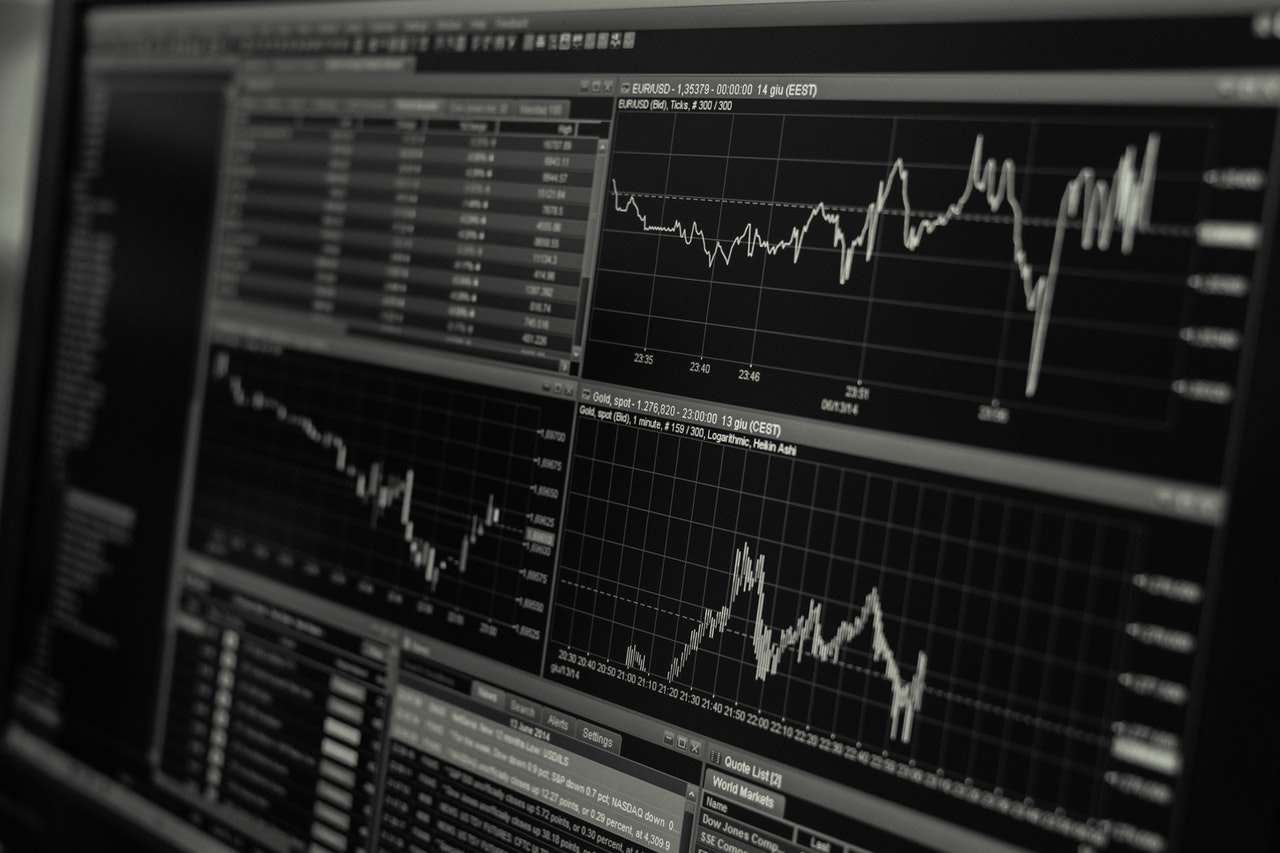Traders often pit stock trading against forex trading in order to determine which is the better option for them. There is a massive correlation between the stock market and forex market; however, both of these markets are also vastly different.
The forex market is very unique, which sets it apart from all other markets, making it attractive to a lot of traders. However, other traders prefer the stock market because of the regulatory measures put in place to protect them.
Knowing the similarities and differences between stock and forex trading enables traders to make knowledgeable trading verdicts based on aspects such as liquidity, leverage, market conditions, and volume.
When deciding on whether to trade forex or stocks, it comes down to your risk tolerance and which trading style suits you best. So let’s look at the aspects that vary between these two markets and which market is perfect for you.
Which Aspects Vary Between Stock Trading and Forex Trading?
Trade Volumes
Perhaps the most significant difference between the stock market and forex market is size. The entire forex market is estimated to have trades of about $5 trillion each day, and most trades are concentrated on major currency pairs such as GBP/USD, EUR/USD, and USD/JPY. On the other hand, the global stock market averages about $200 billion in trades each day.
The massive trade volume of the forex market is beneficial to traders. For instance, you will get your trades completed more quickly, and you’ll also have more liquidity at each price point which allows you to enter and exit the market quickly.
Leverage
Before you start trading stocks, there are some preliminary requirements. Also, not every trader is given a margin account, which you need to begin your exploits in the stock market.
Forex trading, on the other hand, is quite different; you only need to open a forex account, and you’re set to go. This means that the forex market is less regulated than the stock market. For some, less regulation is an advantage, but others view regulation as an extra layer of security against financial malpractices, so they prefer to get involved in the stock market.
Volatility
In forex trading, currencies are usually quoted in pairs. So not only do you need to be bothered about the economic wellbeing of the country whose currency you’re exchanging, but you also need to be concerned about the economic wellbeing of the country whose currency you’re trading against. On the other hand, the stock market is less sensitive to such problems, although it’s not entirely immune from them.
Market Hours
The forex market has more hours than the stock market because you can trade 24 hours from Monday to Friday. However, the stock market’s business hours are from 9 to 5.
Which Market Is Ideal for You?
Where The Stock Market Is Better
Stock trading is simpler to understand because you’re basically buying a unit of ownership in a particular company. Also, the stock market is highly regulated, and this lessens the concern of some traders allowing them to focus on their trading strategy.
However, if you’re a trader who short sells, you might find that the stock market carries more risk. For instance, if a stock market deteriorates, you can generate a profit by shorting, but this carries additional risks.
Where The Forex Market Is Better
The relative freedom from oversight and the high degree of leverage in the forex market makes it easy to control massive trades. If you’re a novice in the forex market, you have most of the tools available to an experienced trader.
If you’re a rookie in the stock market, you need to get special credentials and a substantial amount of capital if you’re to compete with experienced traders.
In forex trading, taking a short position on a currency pair is the same as taking a long position because both positions present identical risks. Therefore, you won’t need any additional precautionary trades to curb losses.
Final Thought
To sum it all up, if your strategy is to buy and hold for the long term in order to earn dividends, then stocks are the practical option. However, if you’re not available for regular market hours to properly manage your trades, you’re better off trading forex.


Comments are closed